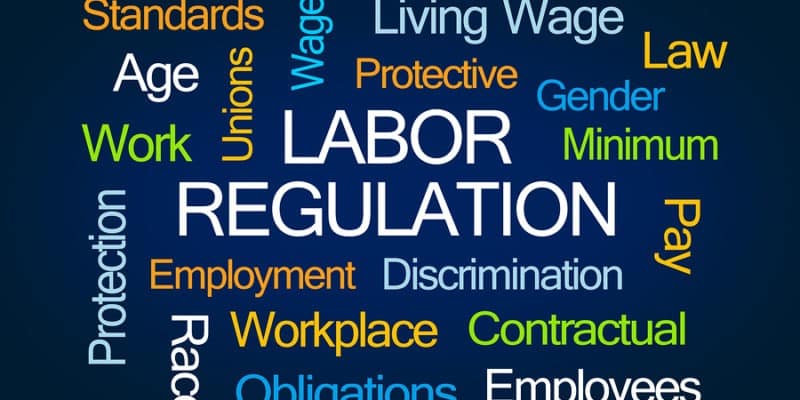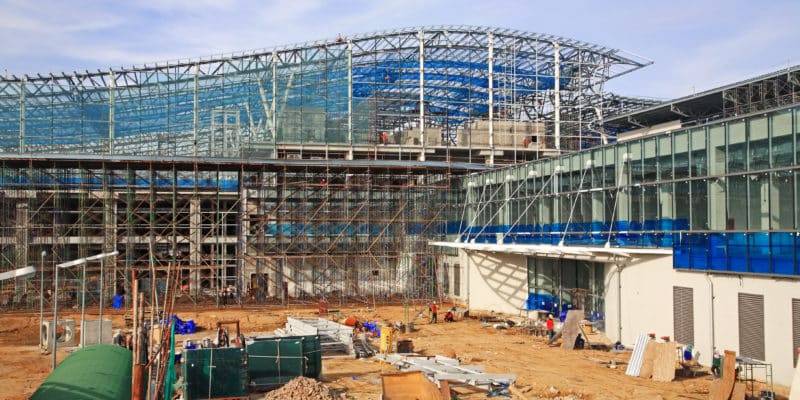Author – Kim Slowey
Published – June 19, 2019
Dive Brief:
-
A California Senate labor committee is reviewing a bill that could narrow the definition of an independent contractor and limit its use in the state’s construction industry. The state assembly approved the measure at the end of last month.
-
If enacted, California employers would be required to use a strict method, called the ABC test, to determine if a worker is either an independent contractor or an employee entitled to the protections and benefits that go along with that status.
-
The assembly added exceptions for certain professions to the proposed measure before it went to the state senate. Some professions that would be exempt from the new law would be engineers, architects, real estate licensees and direct sales salespeople.
Dive Insight:
Under the three-part ABC test, workers can only be classified as independent contractors if they perform their work free from the control and direction of the employer; offer services that are outside the hiring contractor’s normal scope of work; and usually work as part of a business.
According to a report from Material Handling & Logistics, some business groups are putting pressure on the California senate to add more exceptions to the measure prior to a vote.
Proponents of AB-5 seek to codify into law a 2018 state Supreme Court ruling, although that decision is under appeal.
Unscrupulous employers sometimes classify workers as independent contractors instead of employees to avoid paying them a fair wage, paying payroll taxes on their behalf and being forced to provide health insurance or workers’ compensation coverage.









